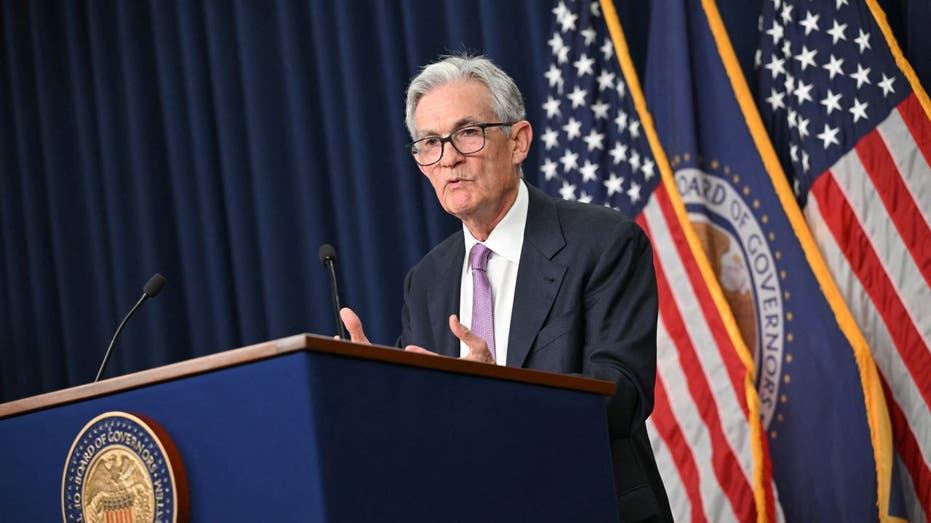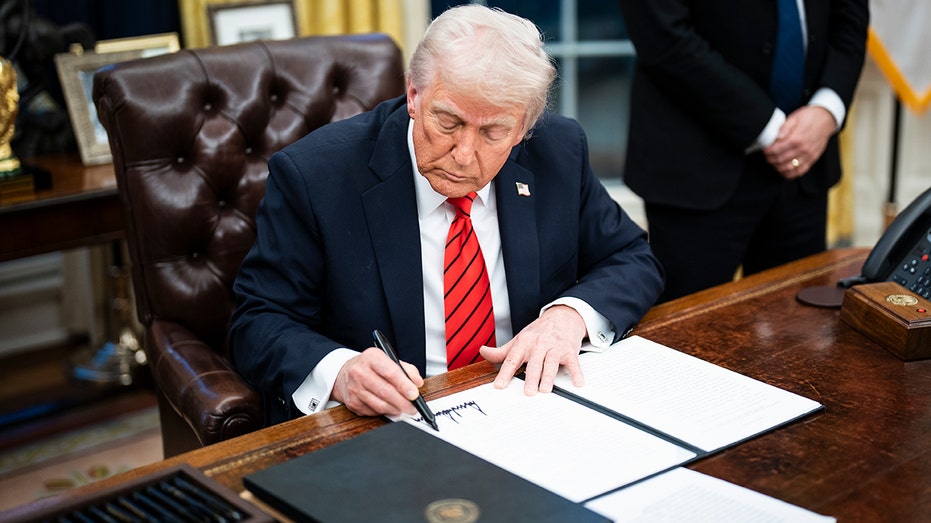Physical Address
304 North Cardinal St.
Dorchester Center, MA 02124
Physical Address
304 North Cardinal St.
Dorchester Center, MA 02124

Charles Schwab & Co.’s main investment strategy, Liz Ann Sonders, analyzes the January CPI report on “making money”.
In January the uncertainty about the inflation report and the impact of the President Donald Trump Tariff plans for consumer prices may affect the interest rate reduction of Federal Reserve, said expert economists.
The Ministry of Labor issued a consumer price index (CPI) on Wednesday, which showed that inflation was 3% per year, compared to 2.9% a month after a higher monthly increase.
Inflation increases after the Fed chose the fourth consecutive interest rate reduction at last month’s meeting. The uncertainty surrounding the plans of Trump tariffs, which is taxes on imported products and implementation schedules can lead to longer than expected interest rate cuts.
“Today’s data reinforces Powell’s decision to reduce the back burner for a longer period of time,” said Charlie Ripley, a leading investment strategy for Allianz Investment Management. “Overall, today’s inflation data must force market participants to rethink the Fed’s ability to reduce the proportions this year, especially as prices are unlikely to be linked to any tariff activity in the White House.”
Inflation increases by 3% in January, warmer than expected
Bill Adams, a senior economist at Comerica Bank, said hot inflationary pressure is “confirmed that the shadow continues to be bubble under the economy” and “confirms the Fed’s willingness at least slow and possibly final reduction in 2025.”
“The Fed is watching the impact of higher tariffs, stricter immigration policies and tax cuts,” Adams added. “All of these policies can increase inflation as their effects are waved through the economy and are kept at a higher level than the status quo.”
Trump calls for lower interest rates to get into the hand with tariffs: “Lets Rock and Roll, America”

Jerome Powell, president of the Federal Reserve, says the Fed is waiting to see how the customs policies are carried out before any inflationary effects are accounted for. (AFP with Getty Imagesges / Getmages)
Seema Shah, the most important global strategy for the main asset management, said the inflation report will “make a very uncomfortable reading for the Fed” due to price increases and noted that “government’s political schedule is threatening to increase inflation expectations” – this may lead to a dynamic , which can lead. For inflation risks, “too severely weighted up the Fed to reduce prices at all this year.”
Gregory Daco, a senior economist at EY, said his company says the Fed “maintains the waiting approach in the coming months” and currently sees only two Fed interest rate cuts in June and December. “The risk shows less relief if the political mixture of administration nourishes inflation and inflation expectations,” Daco explained.
Trump exploded not to reduce interest rates

President Donald Trump has led new tariffs to China and threatened the customs tariffs to Canada and Mexico and mutual tariffs for other commercial partners. (Jabin Botsford / The Washington Post on the Getty Images / Getty Images page)
Ryan Sweet, a major economist at Oxford Economics, noted that other tariffs for China and other threatening tariffs “have to enter inflation data”.
“The Fed’s reaction to tariffs is unclear, but we do not think that stricter monetary policy is likely to enlarge the economy’s attractiveness from the tariffs,” Sweet said. “The Fed needs time to assess how the tariffs affect both sides of the dual mandate, but paralyzed until December, when we think its attention will change from inflation to a full employment mandate, which will lead to aggressive relief in 2026.”
“Monetary political aspects are clear, but it is not clear that the January CPI takes a few breaks in the Trump administration -but the political optics is that it exerts a bit more upward to consumer prices through tariffs is not It would be great for the Trump administration, “he explained.
Get FOX Business by clicking HERE
Jerome Powell, president of the Federal Reserve, testified Wednesday before the House Financial Service Committee and asked the tariffs on the impact of the Americans on the livelihood costs and the central bank’s efforts to tame inflation and the president noted that the Fed would not comment . Decisions that have no discretion.
“The Fed has no role in determining the tariffs, and you know we do not comment on decisions who have such power,” Powell said. “We try to stick to our own bonding. In this case, the economy is developing in such a way that tariffs or partly because of the tariffs, we have to do something with our political proportion. But we can do” I don’t know what it is until we really know, What policies are they implemented. “